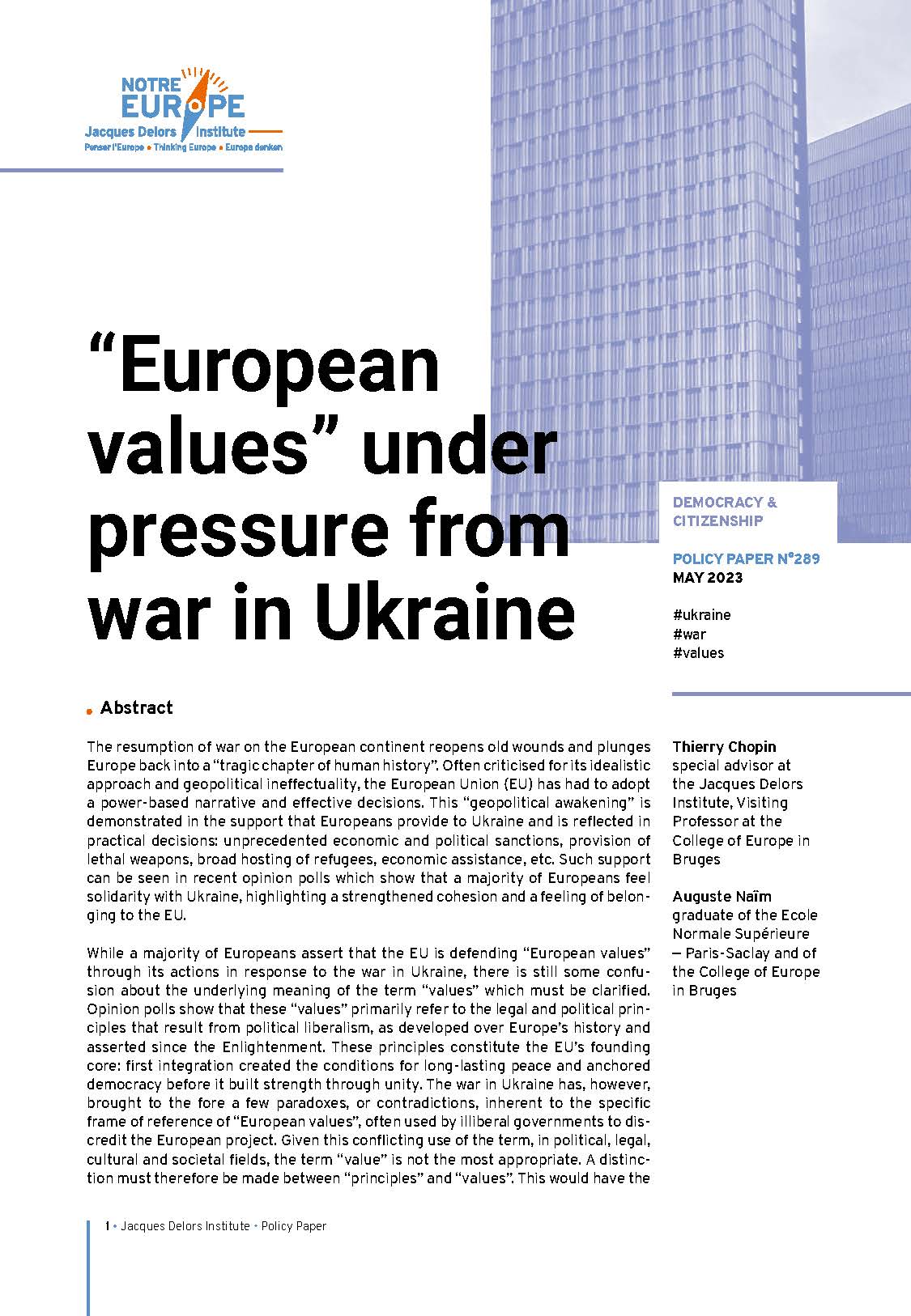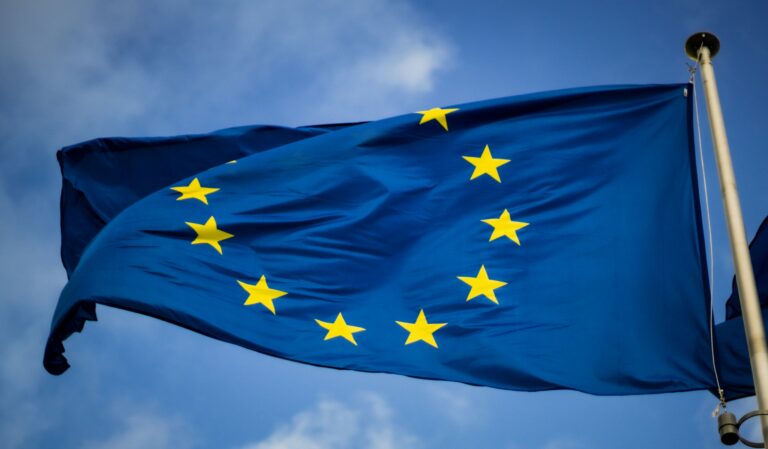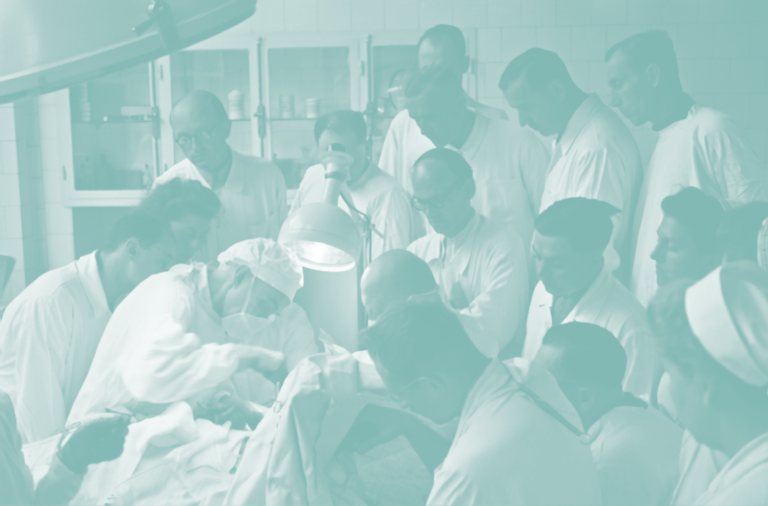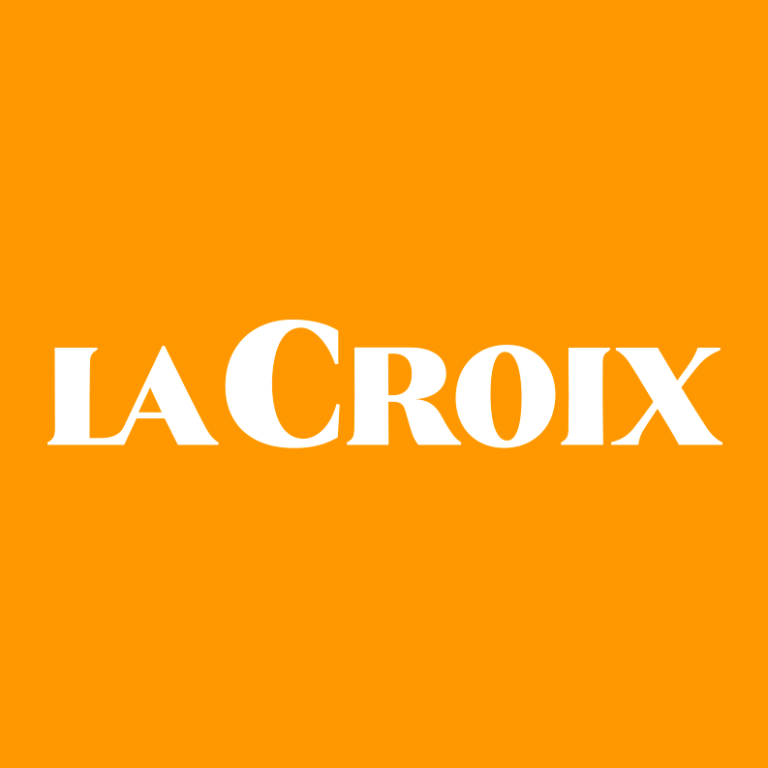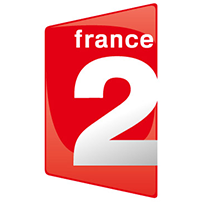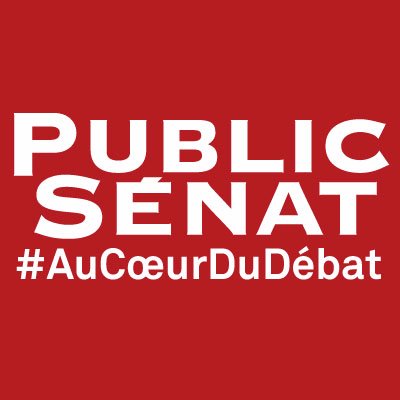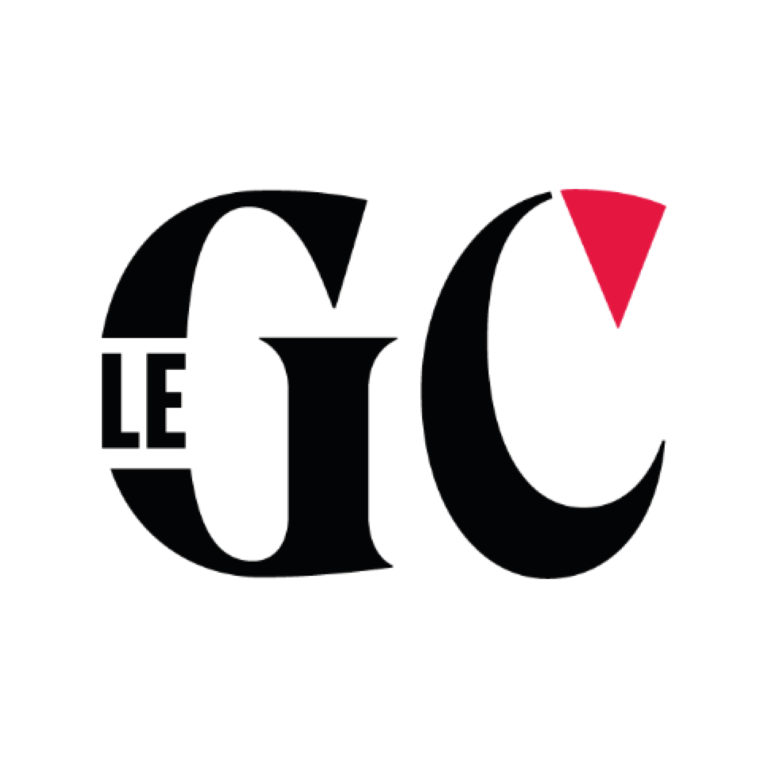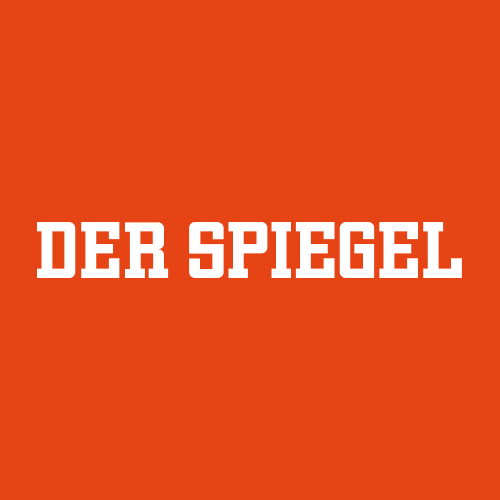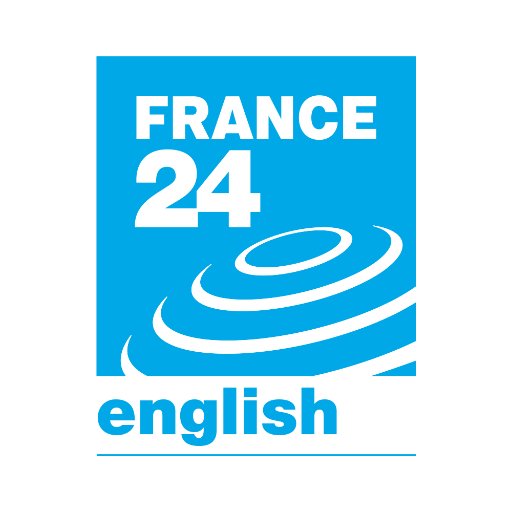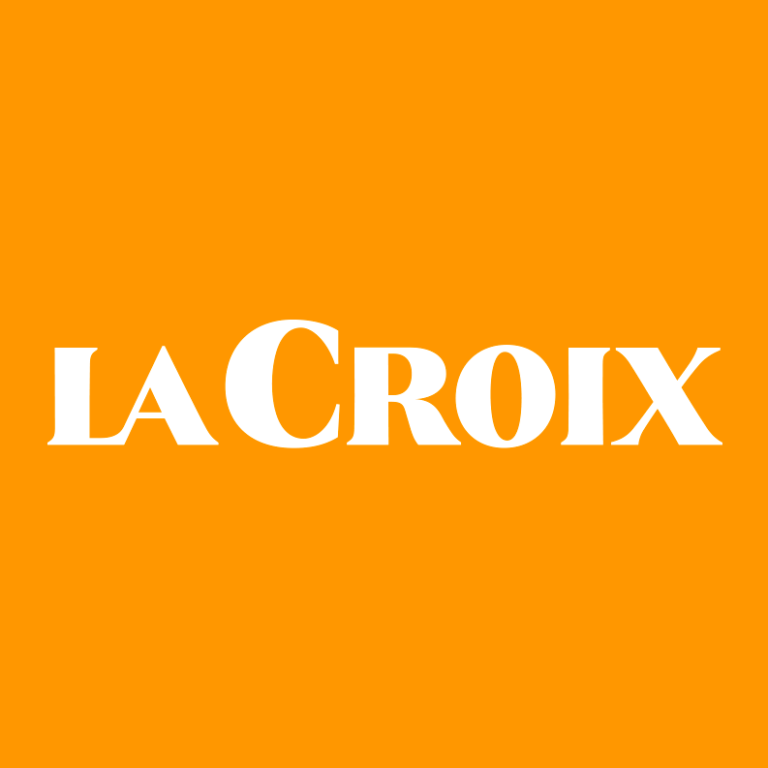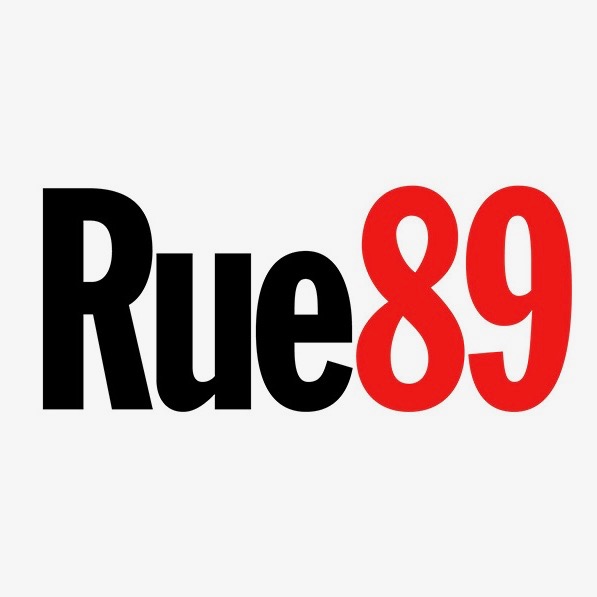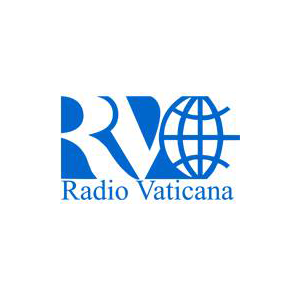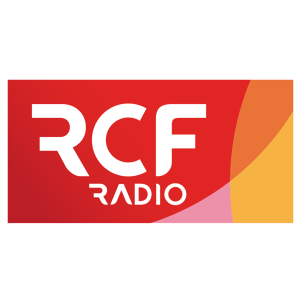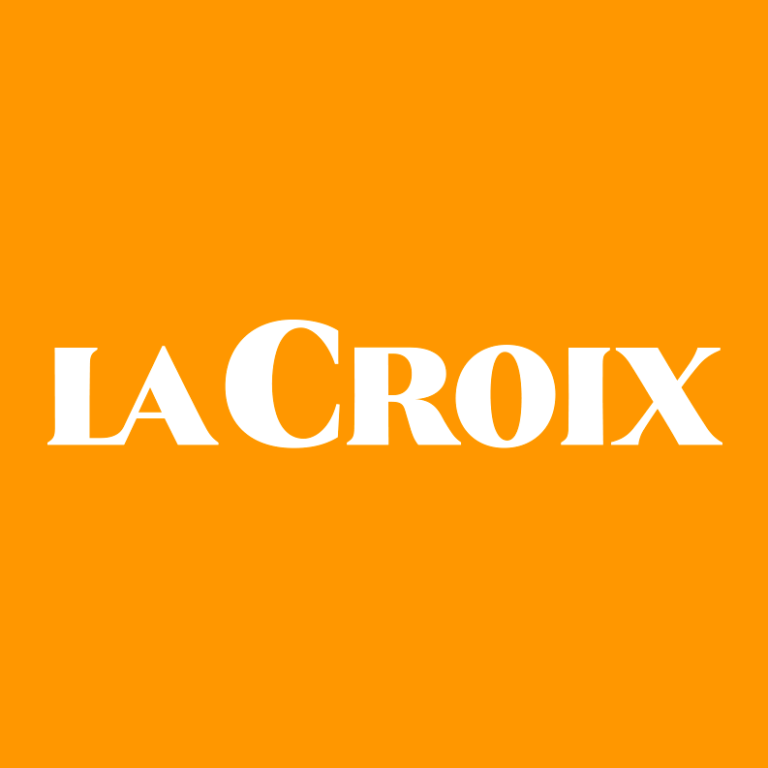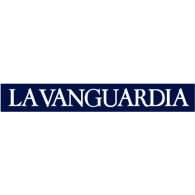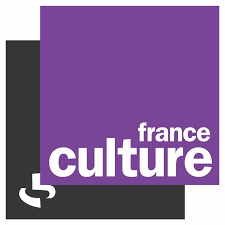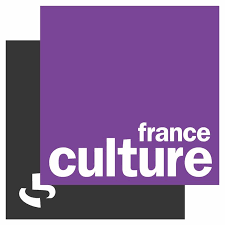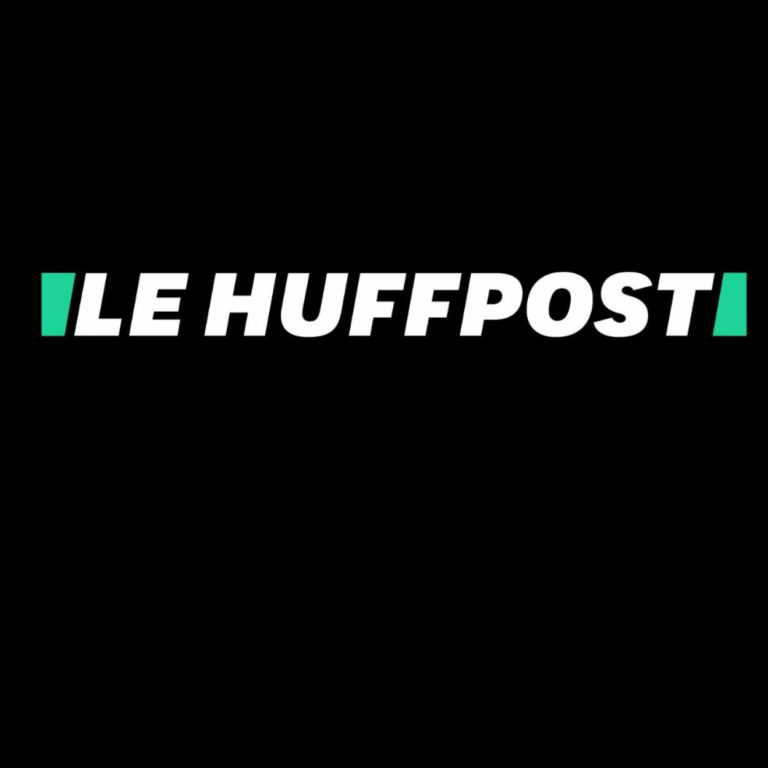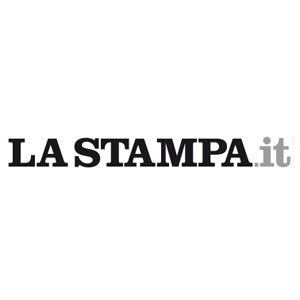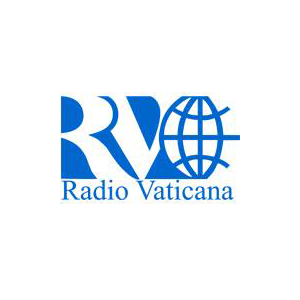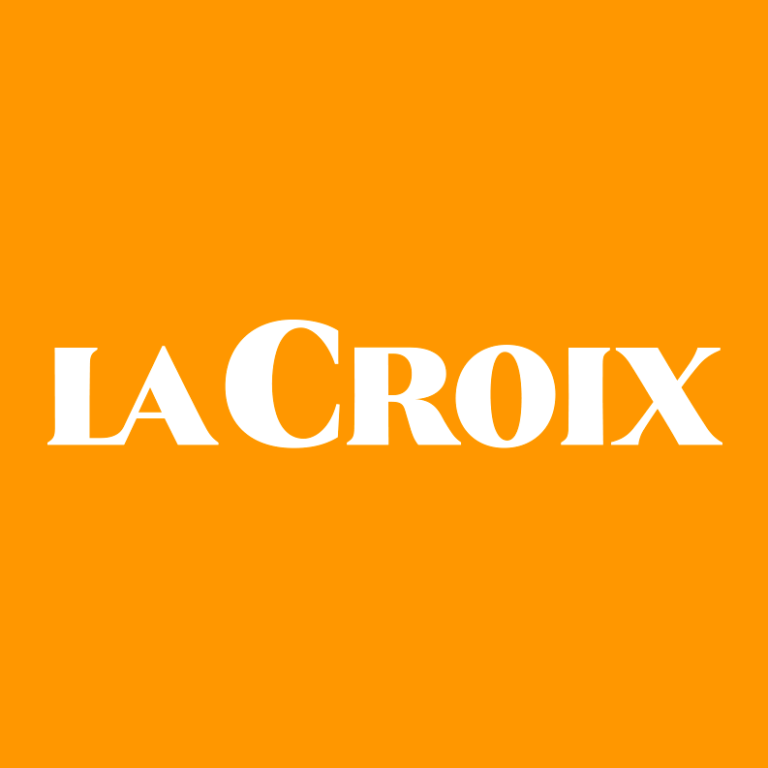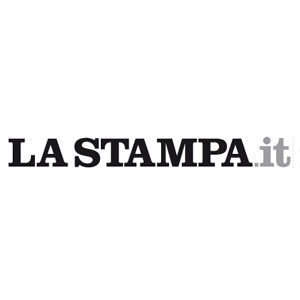Policy paper 289
“European values” under pressure from war in Ukraine
By Thierry Chopin, special advisor at the Jacques Delors Institute, Visiting Professor at the College of Europe in Bruges
& Auguste Naïm, graduate of the Ecole Normale Supérieure — Paris-Saclay and of the College of Europe in Bruges
Recommended citation
Chopin T. & Naim A. 2023. “European values” under pressure from war in Ukraine“, Policy paper, Paris: Jacques Delors Institute, may.
Abstract
The resumption of war on the European continent reopens old wounds and plunges Europe back into a “tragic chapter of human history”. Often criticised for its idealistic approach and geopolitical ineffectuality, the European Union (EU) has had to adopt a power-based narrative and effective decisions. This “geopolitical awakening” is demonstrated in the support that Europeans provide to Ukraine and is reflected in practical decisions: unprecedented economic and political sanctions, provision of lethal weapons, broad hosting of refugees, economic assistance, etc. Such support can be seen in recent opinion polls which show that a majority of Europeans feel solidarity with Ukraine, highlighting a strengthened cohesion and a feeling of belonging to the EU.
While a majority of Europeans assert that the EU is defending “European values” through its actions in response to the war in Ukraine, there is still some confusion about the underlying meaning of the term “values” which must be clarified. Opinion polls show that these “values” primarily refer to the legal and political principles that result from political liberalism, as developed over Europe’s history and asserted since the Enlightenment. These principles constitute the EU’s founding core: first integration created the conditions for long-lasting peace and anchored democracy before it built strength through unity. The war in Ukraine has, however, brought to the fore a few paradoxes, or contradictions, inherent to the specific frame of reference of “European values”, often used by illiberal governments to discredit the European project. Given this conflicting use of the term, in political, legal, cultural and societal fields, the term “value” is not the most appropriate. A distinction must therefore be made between “principles” and “values”. This would have the advantage of creating a clearer structure for the debate surrounding the distinction between the uncompromising and homogenous respect for the fundamental political and legal principles required of all Member States and a convergent yet pluralistic and tolerant approach to the values which underpin Europeans’ cultural and societal choices.
This requirement of “political uniformity” is a key condition to ensure that the EU enjoys a sustainable capacity to address external geopolitical challenges. The development of an external European sovereignty in relation to powers such as Russia or China will only ever be meaningful if the exercise of this sovereignty defends and upholds the principles which contribute to the identity of the EU’s legal order. In this way, European “power” is inseparable from the feeling of “belonging” related to respect for the political and legal principles on which the EU’s existence and the (geo)political identity of Europeans are based. To achieve this, Europeans must maintain their cohesion in relation to these political and legal principles to avoid division. Moreover, if European solidarity, which is perceived in the decisions made by the EU and in the support of European public opinion since the start of the war in Ukraine, is strong enough to prevail and prove that it is an effective protection against a potential invader, this will forge sufficiently close ties between Member States to strengthen the consensus regarding these principles, at the very least, so that a partial lack of consensus does not endanger the entire edifice of Europe.
SUR LE MÊME THÈME
ON THE SAME THEME
PUBLICATIONS
One month into Trump: Europe’s hour

[FR] Faced with the Russian threat, which budgets for which defence?

[FR] In the minds of the Balkans

MÉDIAS
MEDIAS
« Les idées follement agitées par Trump valorisent par contraste l’originalité de l’intégration européenne : unir le continent sans la force »

Face à la Russie, une Europe à 47 !

With War in Ukraine, ‘European Values’ Must Be Protected! Alright, but Which Ones?

Thierry Chopin : « Europe, mais de quelles “valeurs” parle-t-on ? »

L’Europe a-t-elle encore du souffle ?

« Cette crise nous a montré que le Brexit est une bonne chose pour l’Europe »

Jalons pour une anthropologie européenne

Tribune : « L’Union européenne doit défendre la viabilité économique des médias »

Gemeinsame Front im Sturm

Macron and Merkel meet amid new immigration tensions

The friendship that bring the Europeans together – Jean-Pierre Bobichon in La Croix

« Support the creation of a European identity» – Enrico Letta in Rue89

The Europe of tomorrow – Sébastien Maillard on Radio Vatican

The importance of the European values – Enrico Letta on RCF

“Europe has to become a power of values” – Enrico Letta in La Croix

What future for Europe ? – Enrico Letta on LeMonde.fr

Analysis of the political situation in Europe – Enrico Letta in La Vanguardia

The strengths and the weaknesses of the EU – Yves Bertoncini sur France Culture

Nicole Gnesotto on France Culture about the strategic future of the EU on the world stage

E.Letta, Y.Bertoncini & P.Lamy in HuffPost: “Français et Européens, plus forts ensemble !”

Jacques Delors in L’OBS: “Construire une Europe juste, durable, démocratique et inclusive”

Pascal Lamy and Gérard Bouchard in Le Monde: “Mais où sont les Européens ?”

L’orgoglio di essere cittadini europei, the declaration of our 2016 ESC in La Stampa

Enrico Letta on Radio Vatican: “la conscience européenne doit renaître”

Enrico Letta in La Croix: « Le vote américain doit être l’occasion d’un redressement de l’Europe »

Enrico Letta in La Stampa about revival of the European Project










